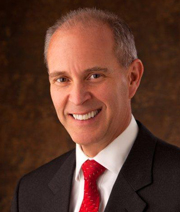Boar’s Head Brand announced on October 3 the appointment of Frank Yiannas, MPH, as Chief Food Safety Advisor on an interim basis, effective immediately. In this leadership role, Mr. Yiannas will be responsible for helping to ensure leading standards of food safety and quality across the organization. He will also oversee the nationwide search for a Chief Food Safety Officer to succeed him.
In addition to his responsibilities as Chief Food Safety Advisor, Mr. Yiannas will chair the “Boar’s Head Food Safety Advisory Council,” which is comprised of independent industry-leading food safety experts. The council will provide guidance and support to the company’s adoption and implementation of enhanced quality food safety programs. As previously announced, additional founding council members include Dr. David Acheson, Dr. Mindy Brashears, and Dr. Martin Wiedmann.
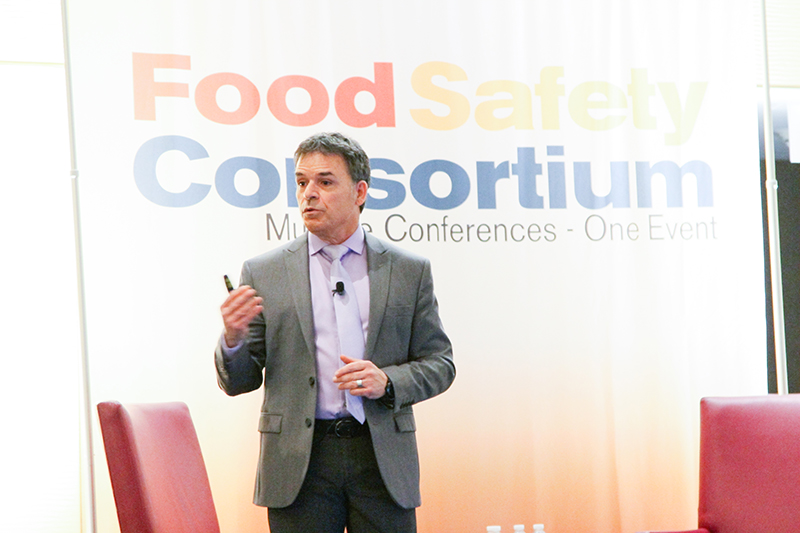
Editors Note: in addition to Mr. Yiannas, Dr. Martin Wiedmann is presenting at the Food Safety Consortium Conference and will address the threat of Listeria monocytogenes, a significant pathogen often associated with food processing environments. He will share his passion and experience, which includes addressing microbial food safety and quality challenges from farm to table and emphasize the importance of disassembly and breakdown in food processing equipment. Martin will also present his research findings on reducing foodborne illnesses, explaining how this dangerous microorganism can persist in food environments, and outline the critical steps required to control and eliminate Listeria contamination.
More Information is at www.FoodSafetyConsortium.org

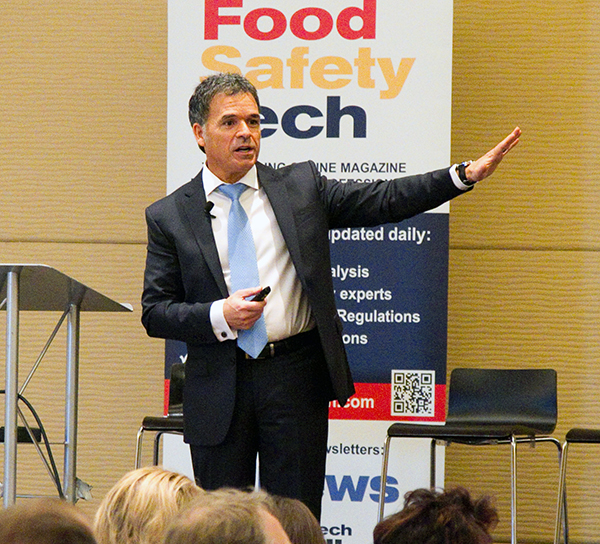
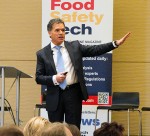
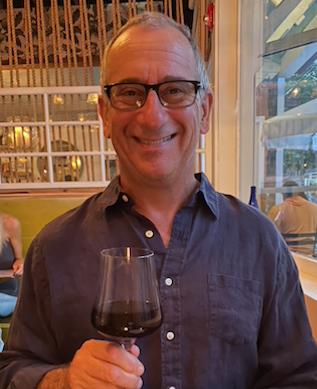

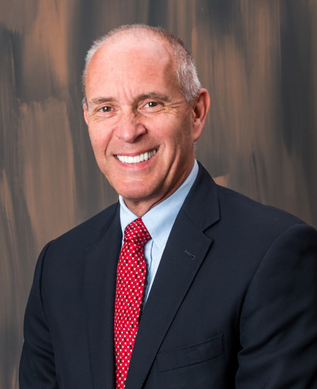 In 2012, David Acheson of TAG was an early advisor in the launch of Food Safety Tech and the Food Safety Consortium conference. Back then, many things were new and evolving including the proposed Food Safety Modernization Act (FSMA). David and I will look back at FSMA, how it has evolved and discuss the future FSQA risks and challenges.
In 2012, David Acheson of TAG was an early advisor in the launch of Food Safety Tech and the Food Safety Consortium conference. Back then, many things were new and evolving including the proposed Food Safety Modernization Act (FSMA). David and I will look back at FSMA, how it has evolved and discuss the future FSQA risks and challenges.